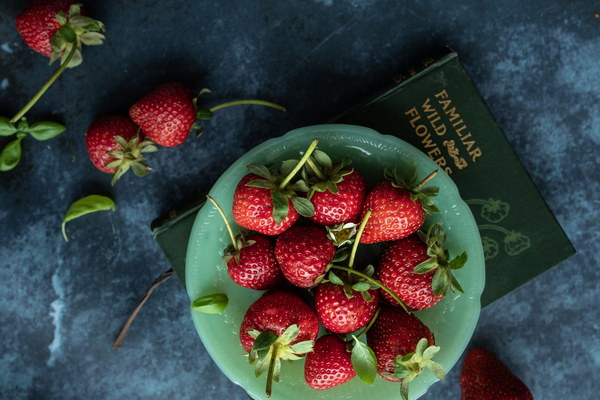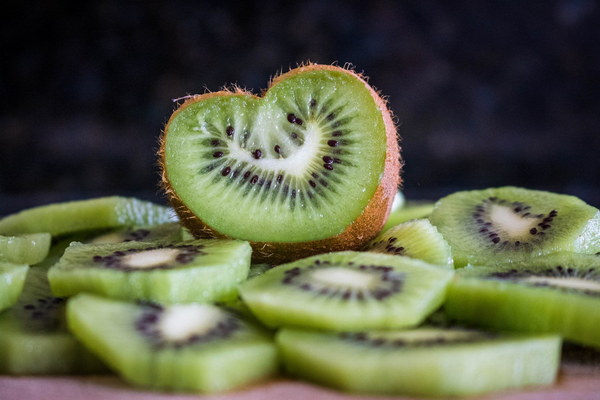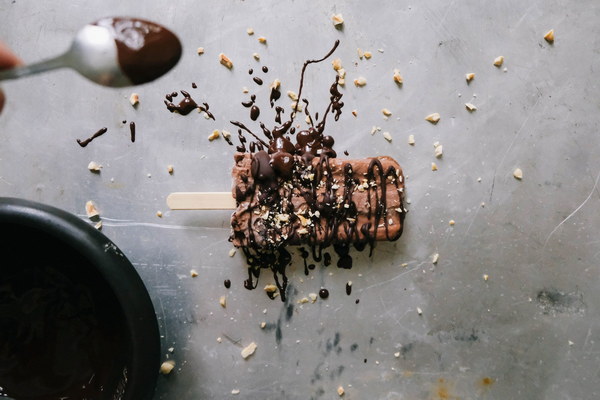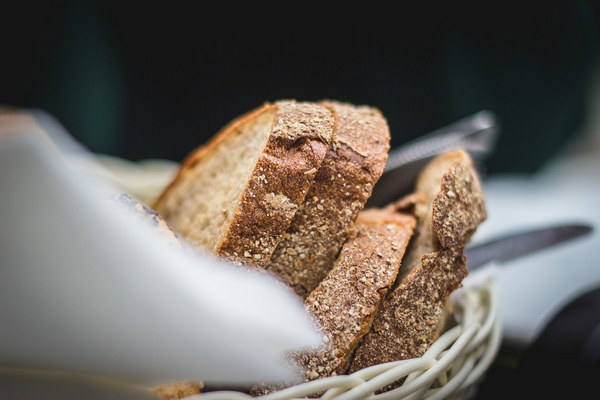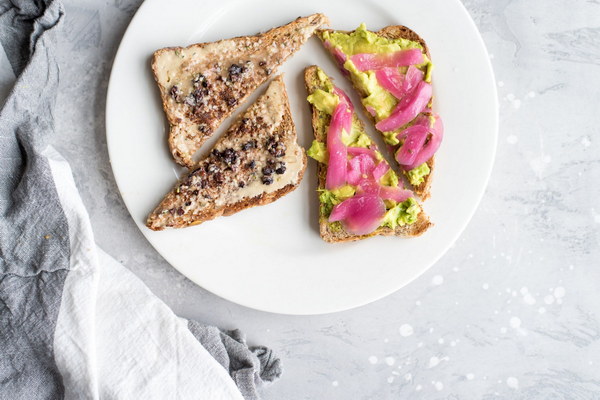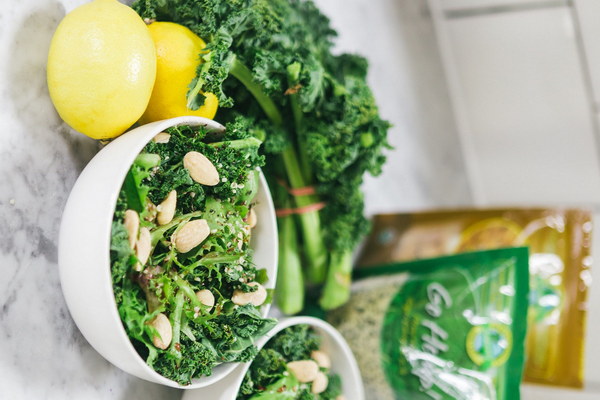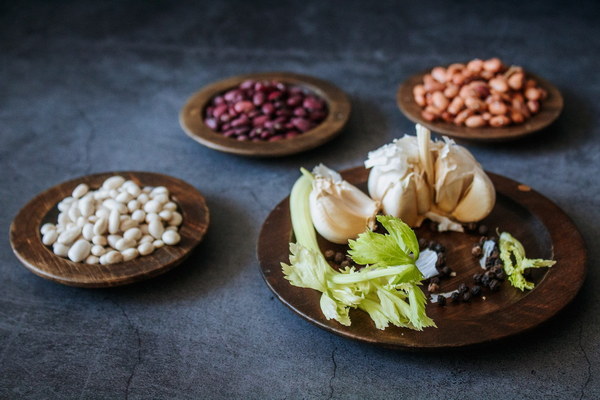Can Bitter Medicines Really Enhance Beauty and Cure Acne
Introduction:
Bitter medicines, traditionally used in Chinese medicine, have been known for their numerous health benefits. However, there is an ongoing debate about their potential to enhance beauty and cure acne. In this article, we will explore the effectiveness of bitter medicines in achieving these goals, backed by scientific research and expert opinions.
1. Understanding Bitter Medicines:
Bitter medicines are derived from various plants, animals, and minerals, and have been used in traditional Chinese medicine for thousands of years. These medicines are believed to possess properties that can balance the body's energy, improve overall health, and even treat various skin conditions, including acne.
2. The Connection Between Bitter Medicines and Beauty:
According to traditional Chinese medicine, the skin is closely related to the liver, which is responsible for filtering toxins from the body. Bitter medicines are believed to help detoxify the liver, leading to clearer and healthier skin. Here are a few reasons why bitter medicines might enhance beauty:
a. Detoxification: Bitter substances can stimulate the liver to eliminate toxins, which may result in a reduction of acne breakouts and improved skin texture.
b. Antioxidant Properties: Some bitter medicines contain antioxidants that can protect the skin from damage caused by free radicals, thereby promoting a youthful appearance.
c. Regulation of Hormones: Bitter medicines may help regulate hormonal imbalances, which are often linked to acne breakouts.

3. Bitter Medicines for Acne Treatment:
Acne is a common skin condition caused by various factors, including hormonal fluctuations, excessive oil production, and bacterial infection. Bitter medicines may offer the following benefits in treating acne:
a. Antibacterial Properties: Some bitter medicines have been found to possess antibacterial properties, which can help eliminate the bacteria responsible for acne breakouts.
b. Anti-inflammatory Effects: Bitter substances may have anti-inflammatory effects, which can reduce redness and swelling associated with acne.
c. Regulation of Oil Production: Bitter medicines can help regulate oil production in the sebaceous glands, reducing the likelihood of clogged pores and subsequent acne breakouts.
4. Scientific Evidence:
While traditional beliefs support the use of bitter medicines for beauty and acne treatment, scientific research is still limited. However, some studies have shown promising results:
a. A study published in the Journal of Ethnopharmacology found that a bitter herb, Scutellaria baicalensis, has anti-inflammatory and antibacterial properties, which may help in treating acne.
b. Another study published in the journal Phytomedicine demonstrated that a combination of bitter substances, such as sesamin and curcumin, can effectively reduce acne breakouts and improve skin health.
5. Expert Opinions:
Many dermatologists and herbalists believe that bitter medicines can be a valuable addition to acne treatment regimens. However, they emphasize that these substances should be used under the guidance of a healthcare professional, as they may interact with other medications and have potential side effects.
Conclusion:
While there is limited scientific evidence to support the claims that bitter medicines can enhance beauty and cure acne, traditional beliefs and some studies suggest that these substances may offer benefits. If you are considering incorporating bitter medicines into your beauty and skincare routine, consult with a healthcare professional to determine the most suitable options and dosage for your specific needs. Remember that a holistic approach to skincare, including a healthy diet, adequate hydration, and proper skincare habits, is essential for achieving clear and radiant skin.
